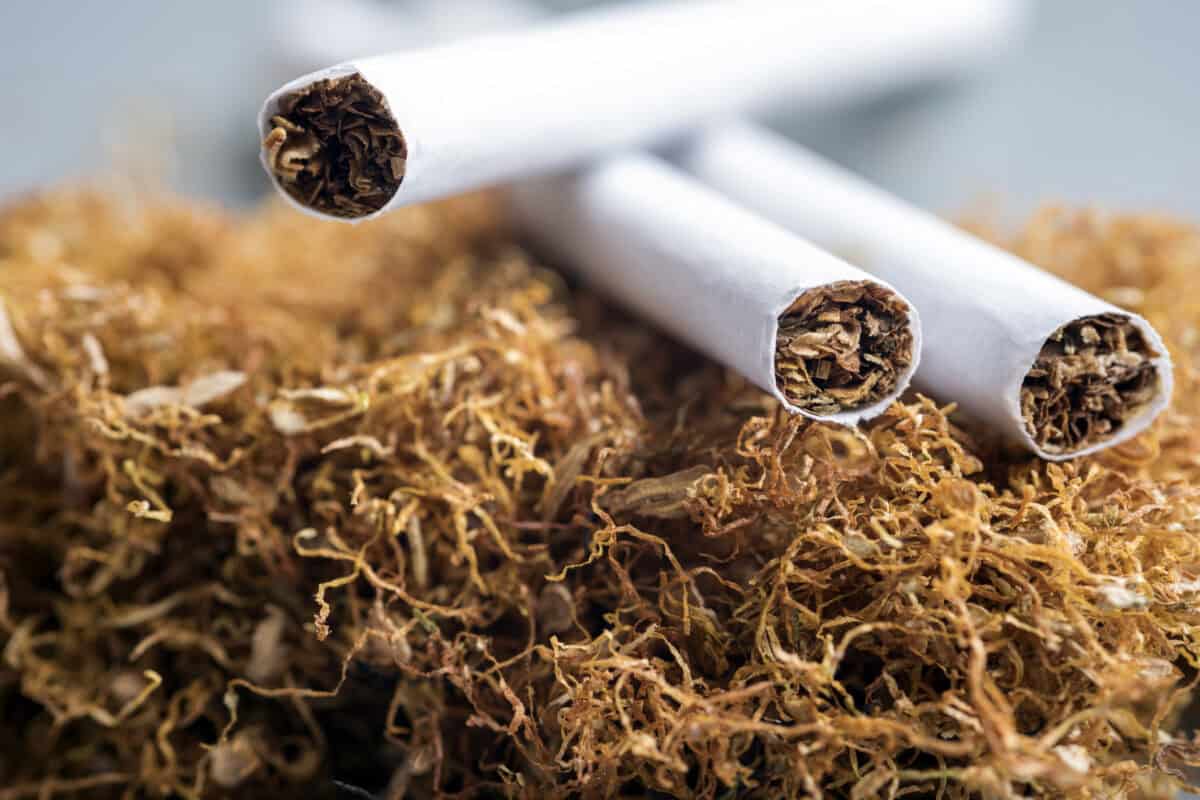Three-quarters of South Africa’s cigarettes now come from criminal syndicates, draining billions in tax revenue and threatening the economy.

South Africa’s tobacco market has been captured by criminal syndicates, with as much as three-quarters of all cigarettes now sold coming from illicit sources, costing the fiscus billions of rands every year.
South African Revenue Services (Sars) commissioner Edward Kieswetter yesterday told the parliament’s portfolio committee on health that according to independent research from the University of Cape Town, Ipsos, and Tax Justice SA, the illicit tobacco trade has spiked from 19% of the market in 2014 to 75% in 2025.
He said between 2020 and 2022, Sars lost about R84 billion in excise tax revenue.
Sars warns that illicit cigarettes dominate 75% of SA’s market
According to Sars data, between 2020 and 2025, an estimated R40 billion in legitimate tax revenue vanished due to illicit trade, with criminal syndicates exploiting porous borders, weak enforcement and the Covid lockdown disruptions to entrench dominance.
“We are confronting industrial-scale criminality involving sophisticated financial flows, front companies and complicit enablers across sectors – including banking and logistics,” Kieswetter said.
He said investigations have linked some tobacco networks to money laundering through gold refineries, property developments, and offshore investments in countries such as the UAE and the UK.
ALSO READ: 5 SANDF members caught with illicit cigarettes granted bail
Kieswetter traced the origins of Sars’ current challenges to the dismantling of enforcement capacity between 2014 and 2018, the period of then President Jacob Zuma, marked by what he described as “internal disruption and weakened oversight”.
During that time, the illicit tobacco market surged from 30% to more than 50%, while excise revenue stagnated despite rising consumption.
Since 2019, Sars has embarked on a strategic rebuild, restoring enforcement units, introducing intelligence-led audits, datadriven risk profiling and modernising technology to monitor manufacturing plants.
576 seizures worth R265 million
Between April 2024 and September 2025, Sars conducted 576 seizures worth R265 million, suspended multiple manufacturing licences and referred 86 criminal cases for prosecution.
These efforts have already yielded R6.1 billion in recoveries and three convictions with custodial sentences of up to 10 years.
Kieswetter called on parliament to support additional funding to recruit 300 excise officers and 100 auditors, arguing that without reinvestment in enforcement, the tax system would continue to bleed.
ALSO READ: 5 SANDF members arrested for stealing illicit cigarettes during unauthorised raid
“The illicit tobacco sector is not an isolated problem; it is a microcosm of a much larger criminal economy,” he said.
The SA Police Service conceded that the illegal tobacco market, once viewed as a smuggling nuisance, has now become a “national priority threat” to economic stability and state security.
According to divisional commissioner for visible policing and operations, Lieutenant-General Maropeng Mamotheti, the illicit cigarette trade was no longer confined to opportunistic smugglers.
Illicit cigarette trade driven by syndicates
She said, instead, it was now driven by syndicates that span five tiers, from financiers and manufacturers to smugglers, distributors, dealers and consumers, linked to drug trafficking, human smuggling and money laundering.
Zimbabwe, Mozambique and Botswana have been identified as primary source countries for illicit cigarettes, with entry through compromised border posts such as Beitbridge, Lebombo and Skilpadshek.
Mamotheti said “smuggling through borders, misdeclaration of goods, counterfeiting and in-transit diversion” were among the main tactics.
ALSO READ: Two arrested in Free State for possession of illicit cigarettes worth more than R1 million
She said informal retail outlets, especially spaza shops operated by foreign nationals, have become central to the distribution chain, supported by covert manufacturing sites, storage facilities and transport networks.
Weak border infrastructure, corruption and low penalties have allowed the trade to flourish, with the police saying socioeconomic vulnerabilities and uneven enforcement continue to provide fertile ground for criminal expansion.
The Hawks and police crime intelligence are leading a new intelligence-led, enforcement-driven strategy to tackle the scourge.
New intelligence-led strategy
Mamotheti revealed the Hawks have investigated 48 cases since April 2024, leading to 68 arrests, 17 convictions and R15.1 million in asset forfeiture orders.
She added 50 vehicles, including trucks and trailers, used in smuggling were also confiscated.
Support Local Journalism
Add The Citizen as a Preferred Source on Google and follow us on Google News to see more of our trusted reporting in Google News and Top Stories.






